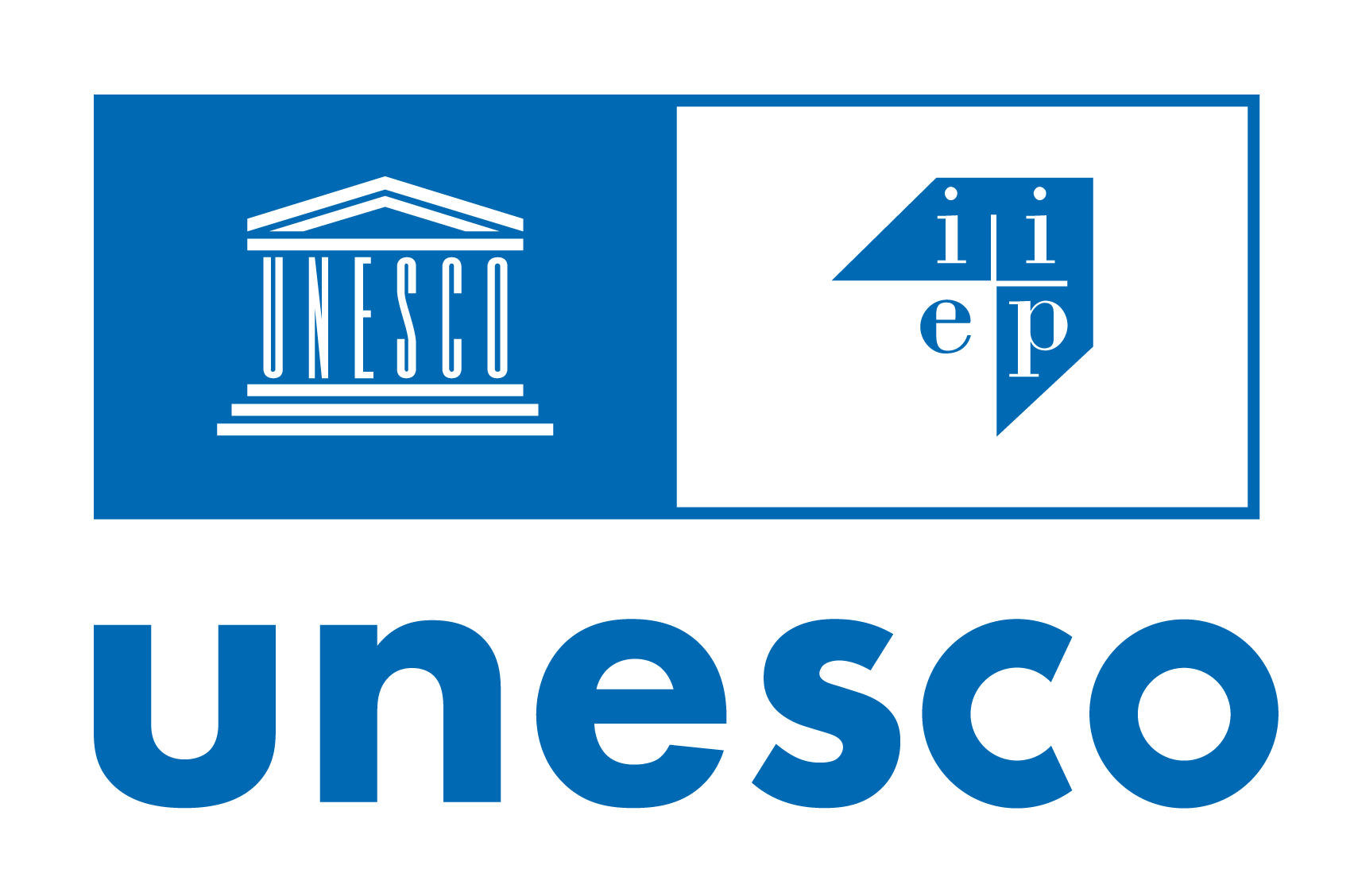Shutterstock / arrowsmith2
School closures in the wake of the COVID-19 pandemic have led countries worldwide to try innovative measures in their education systems, including how students are evaluated and assessed. This raises interesting questions about the future of student evaluations in the post-COVID-19 era.
In their responses to the crisis, many ministries of education (MoEs) have turned to a range of existing strategies to prepare students for, and conduct, examinations. Extending the school year, reducing the curriculum to focus on its core, organizing accelerated learning programmes, and using standardized assessments to measure learning loss are some of the existing measures countries have used, on a large-scale, to ensure that students continue to learn.
But new and innovative solutions have also been implemented. For example, the MoE of the United Arab Emirates has approved the smart measurement policy to assess the academic performance of students. This uses the latest artificial intelligence programmes to link assessments with smart learning processes. Countries such as Cambodia, Estonia, and Myanmar have partly relied on online testing for final examinations. It remains to be seen whether these solutions will keep their place in upcoming national education strategies, but the lessons learned may help education systems to be more resilient in the future.
Yet solutions to replace face-to-face national examinations are not without challenges, notably in terms of equity. Online and remote testing can exacerbate disparities, not only where there is a digital divide, but also where students do not have an optimal learning environment at home or parental support with their learning.
The crisis may be bringing a new urgency to the debate on the relative merits of high-stakes examinations versus continuous assessments. Results from the online poll administered as part of the discussion suggest that participants believe that the crisis will lead to greater use of continuous assessments for final student evaluations.
Proponents of continuous assessment and high-stakes exams both argue in part on the basis of equity. Advocates for continuous assessment claim that, when administered regularly throughout schooling, these assessments are more inclusive because they minimize the potential loss of qualifications in crisis situations (World Education Blog, 20 March 2020). Proponents of high-stakes exams stress that examinations reduce patronage, thereby increasing educational opportunities for students from disadvantaged backgrounds (Liberman et al., 2020). They question the validity of continuous assessments because of difficulties in harmonizing learning and assessment processes across districts or schools. The potential biases in using teacher assessments or predicted grades (used in many admissions processes when final results are not yet available) in lieu of examinations have become clear, for example, in the UK, with concerns that assessment results are linked to factors such as gender, ethnicity, or socio-economic background and penalize disadvantaged students, whose predicted grades are often inferior to their actual results (Ofqual, 2020).
Finally, the crisis has accelerated decision-making processes on policies often considered controversial. Participants from France explained that an ongoing reform which gives greater weight to formative assessments in the final student evaluation was pushed through when final examinations were cancelled this year. How the crisis will shape evolving public policies is a question that deserves further attention.
Mass school closures may have created a real window of opportunity for change as education decision-makers have been able to try out new approaches that had been difficult to implement in the past. The new reality also offers an opportunity to reflect on why we evaluate students. Our participants suggested that education systems need to focus on evaluating the degree to which students can use their knowledge, rather than how well they familiarize themselves with course content.
The COVID-19 crisis has brought such questions to the fore. It is up to national governments to carry forward discussions on the overall goals of assessment, and to determine to what extent the new assessment initiatives are sustainable and could bring about longer-term benefits for learners.

